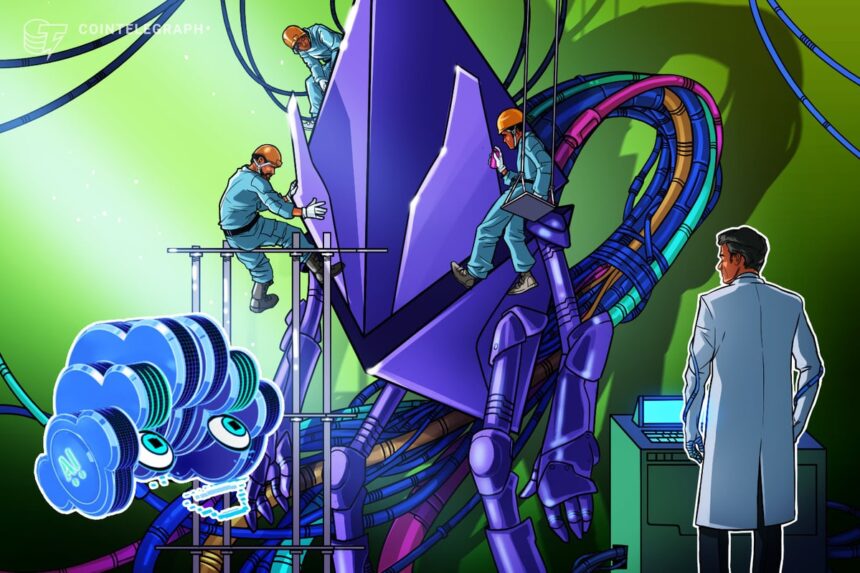The Ethereum Foundation has recently launched a dedicated artificial intelligence team, a development that was not outlined in its initial roadmap but emerged in response to growing demand from various projects within the ecosystem. Team lead Davide Crapis emphasized that while this initiative does not represent a major policy shift, it is a significant step toward ensuring the long-term success of the Ethereum protocol.
Crapis explained that the newly formed AI team will straddle both the protocol and ecosystem divisions of the Foundation, effectively creating a dual focus aimed at product development and enabling traditional AI developers to integrate into the Ethereum environment. The goal, according to Crapis, is to illustrate to conventional AI developers the value and possibilities of Ethereum, particularly in areas such as decentralization, alignment, verification, and governance of AI technologies.
Currently, several AI-related products and services are surfacing within the Ethereum ecosystem. These include micropayments involving stablecoins, as well as on-chain identity and verification solutions. The AI team is tasked with providing clarity and support in these domains. A more comprehensive roadmap detailing the team’s milestones is expected to be published later this year.
Initially, the team will consist of Crapis, an AI product manager, and a member of the AI staff dedicated to collaborating with protocol teams on research initiatives. The current focus is on a short-term roadmap that centers around Ethereum proposal ERC-8004, designed to facilitate a trustless method for discovering, selecting, and interacting with AI agents. This proposal has garnered substantial attention and was co-authored by Crapis alongside MetaMask AI lead Marco De Rossi and OpenAI’s Jordan Ellis.
Crapis pointed out that the proposal has already attracted considerable interest, indicating its potential for significant impact.
The establishment of the AI team comes at a time when the intersection of AI and blockchain technologies is capturing the attention of various players in the crypto space. Other protocols, such as Planck and Kite AI, have already ventured into AI application development, launching their own specialized blockchain frameworks. Crypto AI agents, capable of executing financial transactions and performing numerous tasks with limited human interference, have begun to proliferate in 2023.
When asked about whether the Ethereum Foundation is a latecomer in the AI landscape, Crapis rejected that notion, asserting that the timing of this initiative is appropriate as the experimentation with AI coordination on blockchain platforms has been ongoing for about two years.







